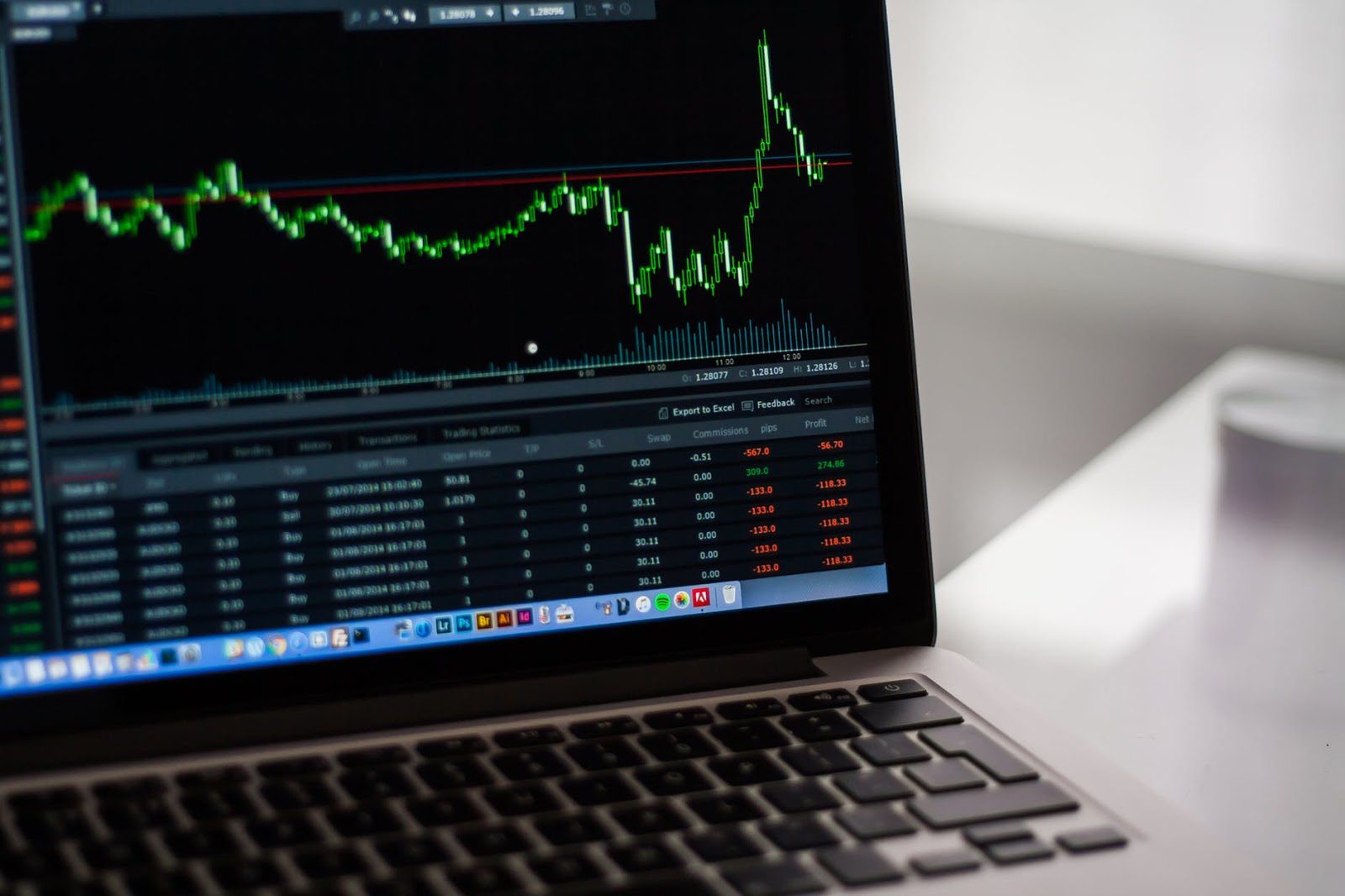The financial market has many instruments that traders can take advantage of to make money. The most common markets include forex, commodities, indices, and CFD. Traders involved in any of the financial markets need not have actual assets. For markets like forex and CFD trading, only a small investment is needed to start a venture. CFD trading is a market that most traders do not understand well. This market is expected to grow by over 9% in the next three years. We will look at this market and how it works down below.
The CFD Market and Its Working Mechanism
The question for new traders in the market is a constant one – what is CFD trading? CFD Trading is the exchange of CFD contracts in the financial markets. CFD stands for ‘contract for difference’. Trading these contracts allows the trader to speculate on the market without getting involved directly. This trade is popular among traders who want to get involved in a range of financial markets. Investors in this market do not keep their positions open for long, with over 80% limiting positions to just a few minutes. The basic premise of the CFD trade is the contract which allows the trader to exchange the price difference between the opening and closure of the contract. Let us take a deeper look at some of the key features that define CFD trading.
The Main Features of the Market
Just like other financial markets, trading CFD involves understanding several features that define the market. To succeed in this market, you need to understand the main features involved in trading. These features include:
- Leverage and Margin
- Short and long trading
- Hedging
Leverage and Margin
Leverage refers to the extra resources that you are entitled to when trading. You can open larger positions when you have leverage as capital is offered for you to enhance your trade. For markets where leverage is accessible, the trade is often said to occur on the margin. Margin refers to the extended limits that come as part of leverage. The leverage market in the CFD market can reach 20%. CFD trading allows for the deposit margin and maintenance margin. These are offered at different stages during the trade to open and safeguard funds.
Short and long trading
Short trading refers to selling when the market is falling. The CFD market allows traders to exchange the difference for either a falling or rising market. Conventionally, long trading is the norm in financial markets where traders sell when prices are rising. The CFD market is thus unique in allowing traders to perform both long and short trades.
Hedging
Hedging refers to limiting losses in an open trade where a trader opens a position against a trade that they deem to be culpable of losses. Hedging is popular in the financial markets and traders can reduce losses by using it on the portfolio. The volatile commodities market often sees investors hedging up to 50%.
How CFDs Work
Finally, understanding how CFDs work is a crucial part of trading. When it comes to the working mechanisms of contracts for difference, four key issues should be of interest. These are:
The size of the deal: Every CFD is characterized by its size. There are standardized lots which show the size of the contract based on the underlying assets. Shares are assigned to a single CFD contract each while in the commodities market, weight measurements are used to determine the lot size.
Profit and loss: Like in other markets, profit and loss are part of CFD trading. You can easily determine the profit or loss made by multiplying the number of contracts with the price difference between open and close points.
The duration of the CFD: There is no set expiry for CFDs. Items are bought and sold within a set period. When the time determined in the contract expires, the value of the CFD is charged to the trader by the provider. This is the case in some markets, though.
Spread and commission: The spread refers to the difference between the buy and sell price of CFDs. A trader can take advantage of the market value in the spread to make a profit. Commissions allow traders to speculate the market and make trades when they see opportunities in the market.



































